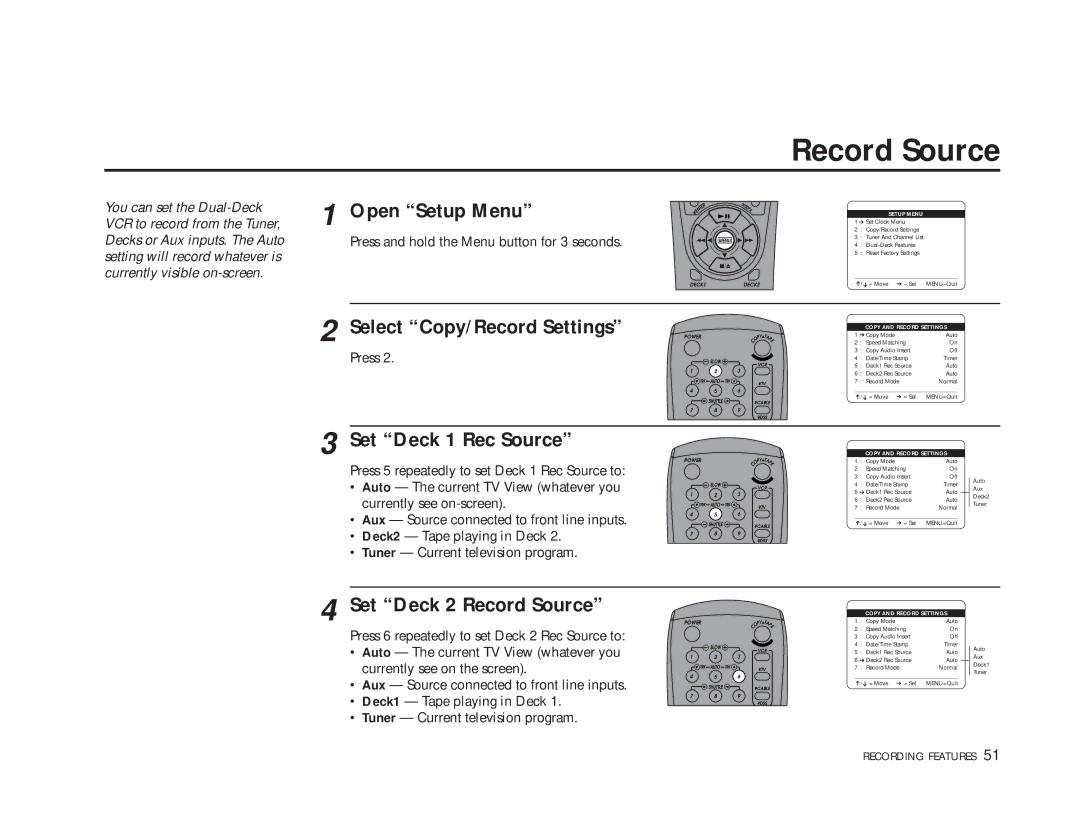DDV9150 specifications
The Sensory Science DDV9150 is a cutting-edge device designed to enhance the accuracy and efficiency of sensory analysis in various applications. With a focus on providing high-fidelity data collection, the DDV9150 stands out for its innovative features, advanced technologies, and unique characteristics that cater to the growing demands of industries such as food and beverage, pharmaceuticals, cosmetics, and more.One of the main features of the DDV9150 is its state-of-the-art sensory evaluation platform, which integrates advanced digital technologies with user-friendly interfaces. This ensures that sensory analysts can easily design, implement, and analyze sensory tests with minimal training. The device supports multiple sensory methodologies, including triangle tests, duo-trio tests, and hedonic scaling, enabling diverse experiments tailored to specific research requirements.
The DDV9150 is equipped with high-sensitivity feedback sensors that provide precise measurements related to taste, smell, and texture. This allows for extensive data collection on sensory attributes, enhancing the reliability of results. Additionally, the device features an intuitive touchscreen interface, allowing users to navigate through lab protocols, input data, and visualize results in real-time. This element greatly streamlines the workflow for sensory scientists and researchers.
Another significant characteristic of the DDV9150 is its compatibility with advanced data analysis software. Users can seamlessly integrate the sensory data with statistical tools such as ANOVA and regression analysis, leading to insightful interpretations and conclusions. The device also enables cloud connectivity, facilitating remote monitoring and collaboration among teams dispersed across different locations.
Moreover, the DDV9150 boasts robust safety and cleaning protocols, ensuring that it meets stringent hygiene standards – an essential requirement for industrial applications. Its durable design guarantees longevity and reliability, making it a worthwhile investment for laboratories aiming to perform rigorous sensory evaluations continuously.
In summary, the Sensory Science DDV9150 is redefining the realm of sensory testing with its innovative technologies and features. Its adaptability, precision, and user-centric design make it an invaluable asset for any laboratory dedicated to understanding and improving sensory experiences. As industries continue to seek higher standards in product quality and consumer satisfaction, devices like the DDV9150 will play a pivotal role in shaping the future of sensory science.

